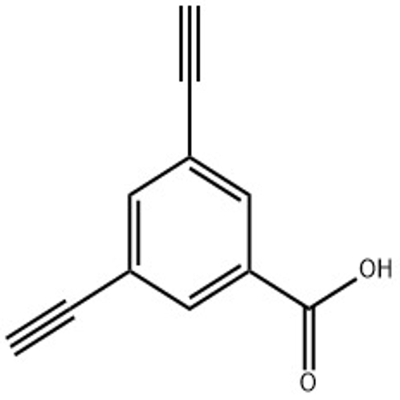-
Categories
-
Pharmaceutical Intermediates
-
Active Pharmaceutical Ingredients
-
Food Additives
- Industrial Coatings
- Agrochemicals
- Dyes and Pigments
- Surfactant
- Flavors and Fragrances
- Chemical Reagents
- Catalyst and Auxiliary
- Natural Products
- Inorganic Chemistry
-
Organic Chemistry
-
Biochemical Engineering
- Analytical Chemistry
-
Cosmetic Ingredient
- Water Treatment Chemical
-
Pharmaceutical Intermediates
Promotion
ECHEMI Mall
Wholesale
Weekly Price
Exhibition
News
-
Trade Service
2-(6-Chloro-3-pyridazinyl)-2-(2-pyridinyl)acetonitrile, commonly referred to as CIN-01, is a chemical compound that has gained significant attention in the chemical industry due to its diverse range of applications.
The compound is manufactured by a few reputed chemical companies in China and other parts of the world, and it has become an essential building block in organic synthesis.
One of the primary applications of CIN-01 is in the synthesis of pharmaceuticals, agrochemicals, and other fine chemicals.
The compound is used as a versatile intermediate in the production of various Active Pharmaceutical Ingredients (APIs) and intermediates.
It can be converted into various substituted pyridines and pyrimidines that are essential in the production of anti-cancer drugs, anti-inflammatory drugs, anti-bacterial agents, and other medicines.
CIN-01 is also used in the production of agrochemicals, such as herbicides and pesticides.
It can be converted into various substituted 2,6-dichlorobenzoxazepines and 2,6-dichlorobenzimidazoles, which are essential in the production of herbicides that control weeds in crops.
The compound is also used in the production of pesticides that control insects and other pests that affect crops.
In the field of materials science, CIN-01 is used in the production of polymers and other materials.
It can be converted into various substituted anilines and aminobenzenes, which are used in the production of conductive polymers and other materials with unique optical properties.
The compound is also used in the production of dyes and pigments, which are used in various industries, including textiles, paper, and plastics.
The compound is also used in the field of organic electronics, where it is used as a building block in the production of organic thin-film transistors, solar cells, and other electronic devices.
CIN-01 can be converted into various substituted anilines and aminobenzenes, which are used in the production of semiconducting polymers and other materials with unique electronic properties.
In the field of biotechnology, CIN-01 is used in the production of enzymes, probiotics, and other biological products.
The compound can be converted into various substituted 2,6-dichlorophenols, which are used in the production of antioxidants and other nutrients that are essential for human and animal health.
The compound is also used in the production of probiotics that help maintain a healthy balance of gut bacteria.
In conclusion, 2-(6-Chloro-3-pyridazinyl)-2-(2-pyridinyl)acetonitrile (CIN-01) is a versatile intermediate that has a wide range of applications in the chemical industry.
It is used in the production of pharmaceuticals, agrochemicals, materials science, organic electronics, biotechnology, and other industries.
The compound is manufactured by a few reputed chemical companies in China and other parts of the world, and its demand is expected to increase in the coming years due to its diverse range of applications.







